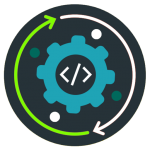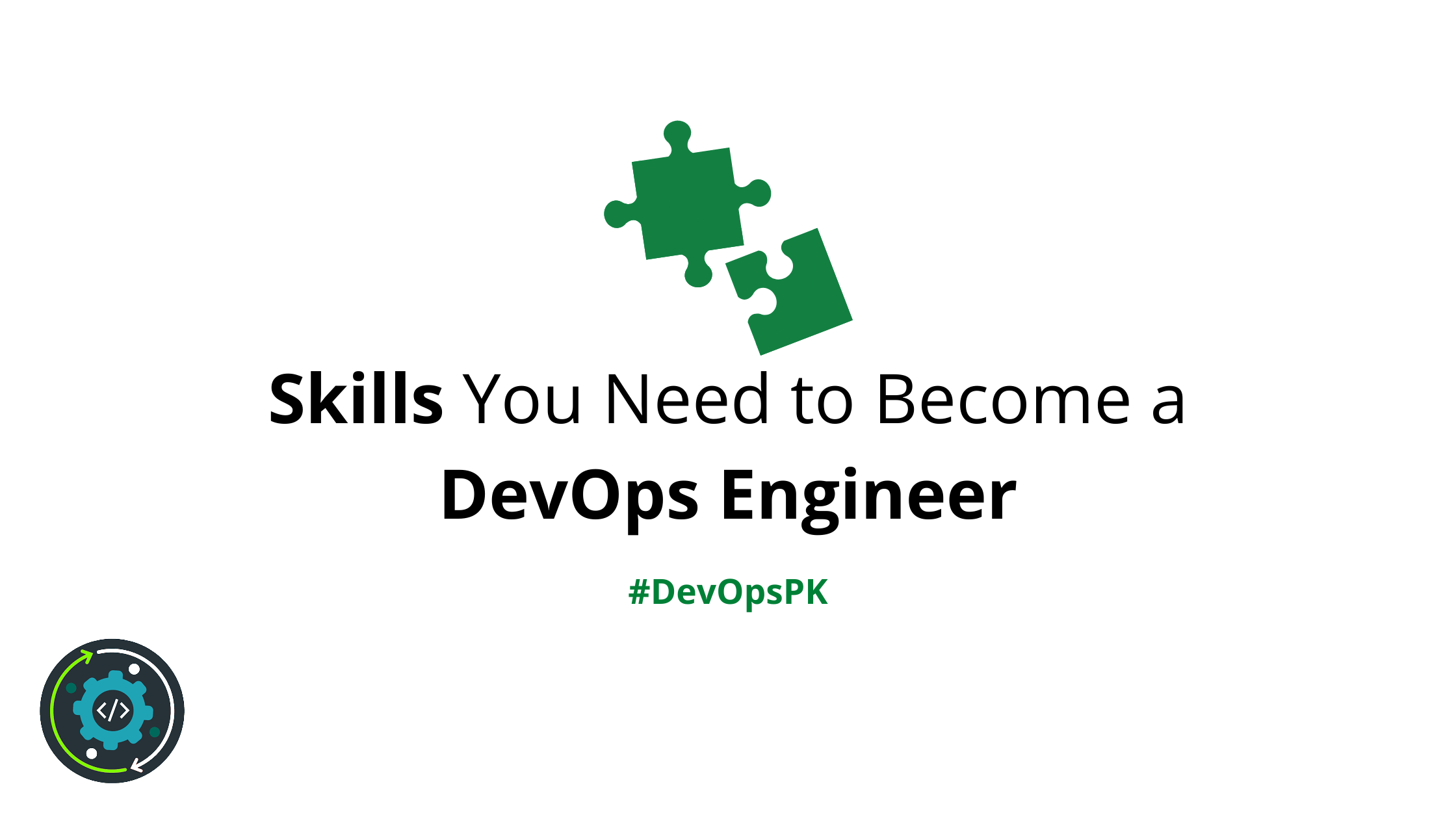The software development cycle possesses a multitude of steps and requires time. DevOps is a methodology that focuses on reducing the time needed for the software development cycle to complete. The primary approach in DevOps is “Automation.” DevOps methodologies perform well with agile and continuous delivery approaches, making the software product or service ready to be released in a very short period. DevOps has brought continuous improvement in systems delivery and innovation.
In this article, you will learn about the skills and knowledge required to become a DevOps Engineer.
Table of Contents
The Skillset Required to Become a DevOps Engineer
There are some specific and mandatory skills that one must possess to become a DevOps engineer. You can start with one or two of these skills or aspects of DevOps methodology. Let’s discuss each skill in detail –
Programming Knowledge
The competition is always up for the role of DevOps engineer, and if you want to stay unique, you will have to make an extra effort. Learning a few programming languages like Python, Java, Ruby, etc., can place you in a better position than just the network or IT personal.
System Admin Skills
A system administration possesses a lot when it comes to tasks as he is responsible for the creation, deployment, testing, debugging, and fixing of servers daily. He checks the overall performance of the system regularly and keeps an eye on critical issues. Moreover, DevOps experts should streamline the most crucial aspects of the server and infrastructure deployment routines. This is considered one of the essential skills of a DevOps engineer.
Network and Storage
Since DevOps experts have to deal with many servers, connections, data, and storage, they should be capable of managing network-related issues and tasks. It means they should know the primary aspects of network and storage. Fundamental how-know of networking is enough. However, as you work with real-time servers, you need to get familiar with various protocols and APIs to fulfill the infrastructure requirements.
Infrastructure Management and Compliance
New systems can follow the DevOps methodology. However, conventional systems need to be brought into the DevOps domain. These systems should be configured to make secure, scalable, equipped, have proper backups and regulatory policies. All these changes and updates should be made without disrupting the existing model.
A DevOps engineer needs to be well informed about cluster management software and containerization to integrate existing systems and new deployments smoothly.
Automation Tools
The most renowned DevOps utilities among different available DevOps automation tools are Puppet, Kubernetes, and Jenkins. Automation is the primary goal of DevOps methodology. From generating code to building, testing, and deployment, every DevOps job has to be streamlined. The monitoring and post-production testing are also streamlined, providing continuous integration and quick results. The DevOps pipeline possesses Continuous Integration, Continuous Testing, and continuous deployment, an iterative process.
Rich how-know of any of the automation mentioned above tools serves well for a successful career in DevOps.
Virtualization and Cloud
Virtualization means performing a virtual instance of a computer system in an isolated layer separated from the actual hardware. Virtualization enables a large system to be split into small segments. The resources can be used by a greater number of users or applications having different requirements and loads. It also keeps any program on one machine in silos from the others.
Network virtualization requires fundamental how-know of public, private, and hybrid clouds.
Security
The overall security of a DevOps approach involves specific practices introduced through various policies, regulations, compliances, strategies, and methodologies. Security is vital to every phase of the DevOps cycle, whether development, testing, build, deployment, or monitoring. Create and enforce policies that are easy to comprehend and follow by the team members.
DevOps Engineers must have a rich skill set to ensure.
- Security processes automation
- Management and control of privileged access
- Elimination of dormant accounts
- Enforcement of least possible privileges unless required,
- Integration of security in the early development phases of the DevOps lifecycle can be reinforced into all following stages.
Testing
If you know about scrum and agile methodologies, you would know that agile follows an incremental and repetitive development process contrary to the conventional waterfall model. Testing and development go in parallel. Testers don’t just test the functions; they test every aspect of the lifecycle and relevant entities, including operations, performance, security, and analysis of data and logs.
There is a multitude of platforms available for a DevOps engineer to carry out continuous testing and integration.
You can check our other blog to learn about tools and platforms for different stages of the DevOps cycle.
Conclusion
The list seems overwhelming, but you can be an expert in one area at a time while dodging others. Fundamental knowledge of each of these skills should be great for a stable launch. For instance, if you are a software engineer, you most probably are good at programming, and it will be easy for you to perform the role of an admin due to the rich how-know of the development environment. In the same way, if you are a network engineer, you would easily learn about security, virtualization, and infrastructure management. Prerequisite knowledge will be helpful in your journey to become a DevOps engineer.


One Comment
Top Free and Open Source Monitoring Tools for DevOps
[…] experts like DevOps Engineers need to ponder various factors before opting for open-source DevOps monitoring tools for their […]